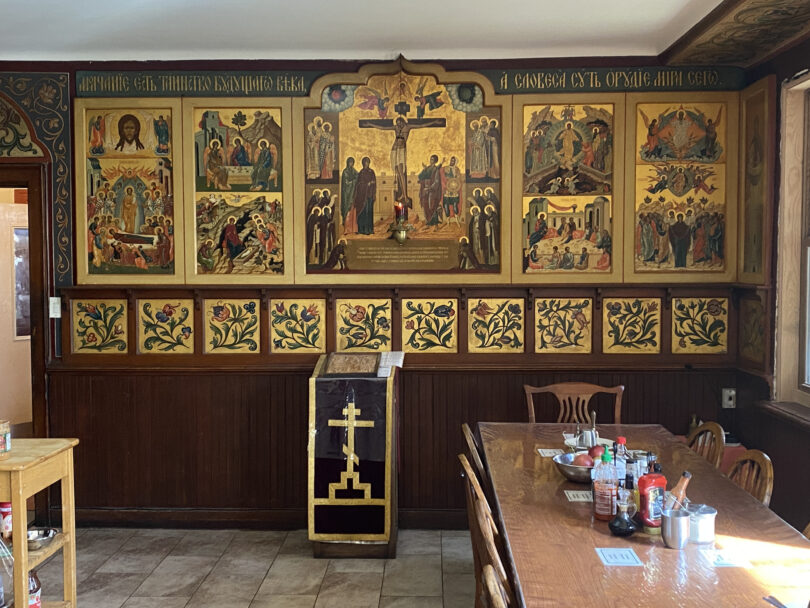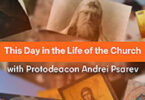The Synod of Bishops of the Russian Church Abroad, at its meeting held on this day in 1962, received Archimandrite Philaret (Voznesenskii) to the Russian Church Abroad back from the Moscow Patriarchate.
Having been making my living writing and speaking, I can attest to the wisdom of the words I used for this report’s title. It was one thing to criticize Metropolitan Sergii (Stragorodskii, 1867-1944) for his church policy before World War Two (WWII) and another to be in communist China after the war. ROCOR bishops there, with the exception of St. John of Shanghai and San Francisco, became hierarchs of the Moscow Patriarchate.
There was no “Catacomb” Russian Church Abroad in China. Archimandrite Philaret remained with his flock in Harbin, he refused to accept Soviet citizenship and avoided meeting with hierarchs from the USSR. In this attitude, he followed the clergy in Russia, who had been in opposition to Metropolitan Sergii before WWII, but joined Patriarch Alexei I after it.
In 1934, Metropolitan Sergii and his Synod suspended Russian refugee hierarchs. However, when bishops of the Moscow Patriarchate joined the ROCOR during and after WWII in Europe, they did not have to repent of their membership in the Moscow Patriarchate.
After WWII, the Moscow Patriarchate received the bishops and clergy of the Russian Church Abroad, who wanted to join it through repentance. Responding to this, the ROCOR Bishops’ Council established the rite of reception for Moscow Patriarchate clergymen, which remained valid until 2007.
Archimandrite Philaret left China for Hong Kong and Australia in 1962 with one of the latest waves of the Russian “exodus” from there. His father, the prominent archpriest Nicholas and later the vicar Bishop of Hailar Dimitrii, after WWII, left for the Soviet Union and died there in 1947.
In his 1980 letter to Fr. Victor Potapov, Metropolitan Philaret wrote:
“Will anyone dare assert that the Lord and His grace abide in the Church of the evil-doers, which lauds His demonized enemies and collaborates with them, which because of this is found under a twofold anathema, as indicated above? Can a church that has united with the God-haters possess grace?! The answer is obvious!”
I wonder how, in the context of these words, Vladyka Philaret explains his own and his father’s membership in the Moscow Patriarchate. As I wrote at the beginning of this report, I have been writing on church matters a lot since the late 1980s, and not all I have written I am happy about. And a lesson for me is that it is better to say less than more, especially when I deal with something outside of my area of expertise.
Source:
Monk Benjamin (Gomarteli),“Letopis’ tserkovnykh sobytii nachinaia s 1917 goda,” [Timeline of Church Events Beginning from 1917] Part V: 1961-1971.











